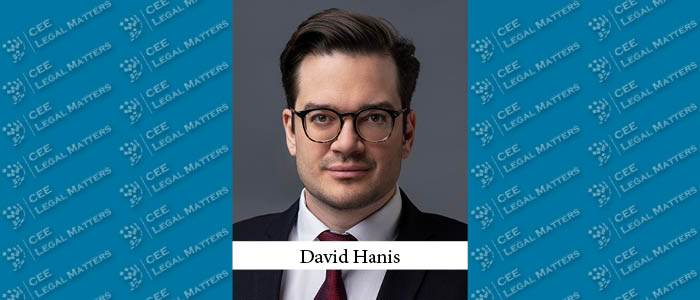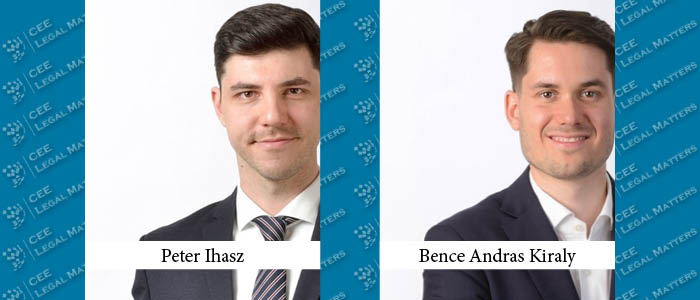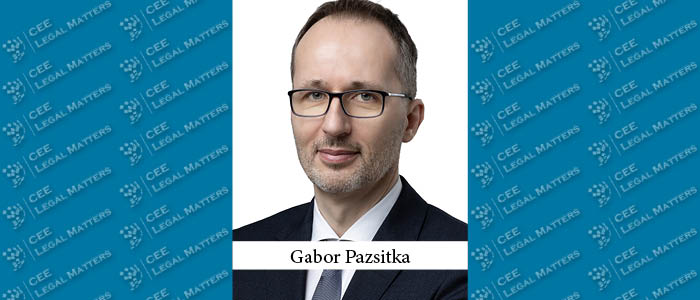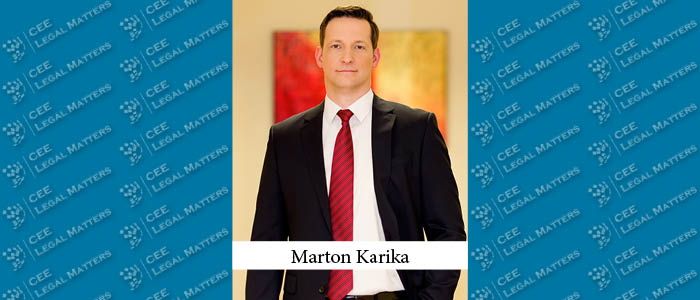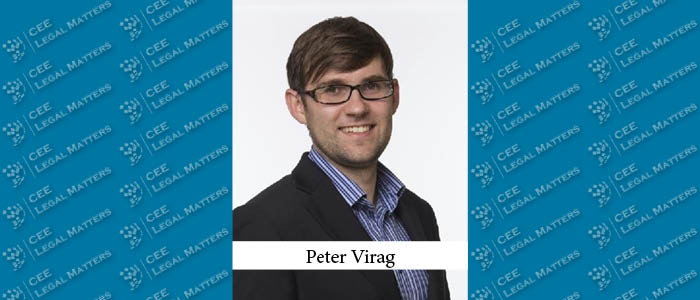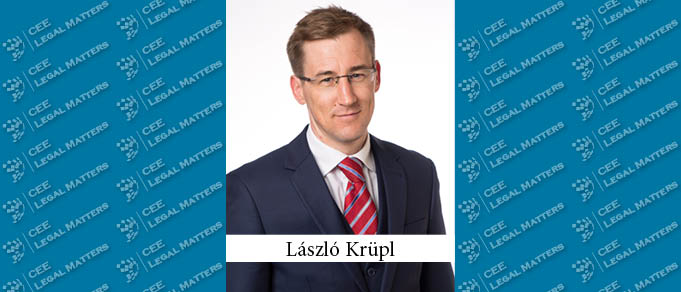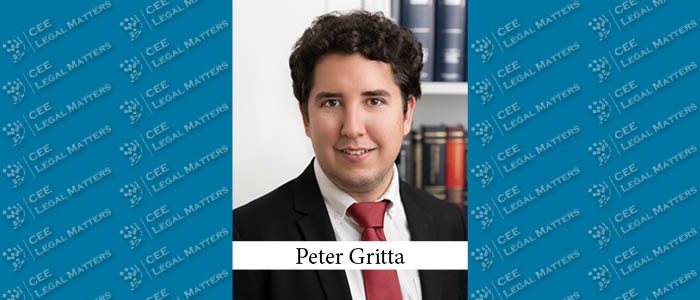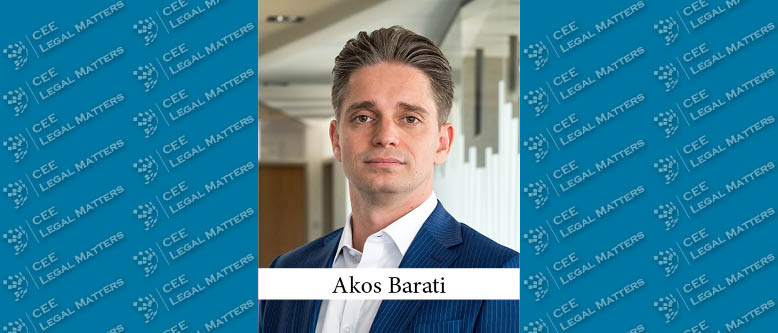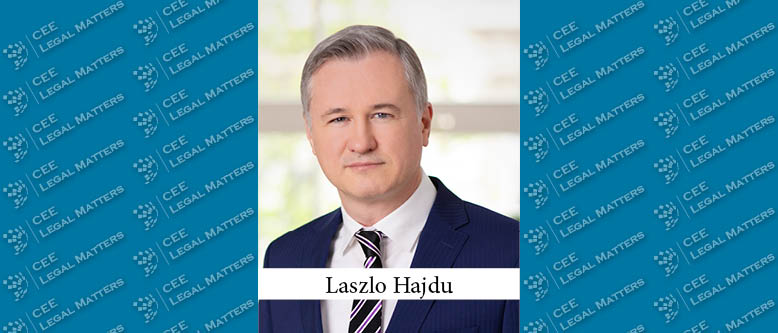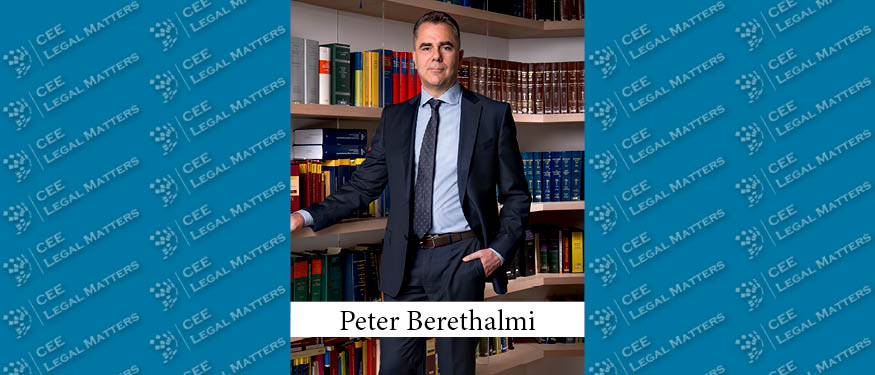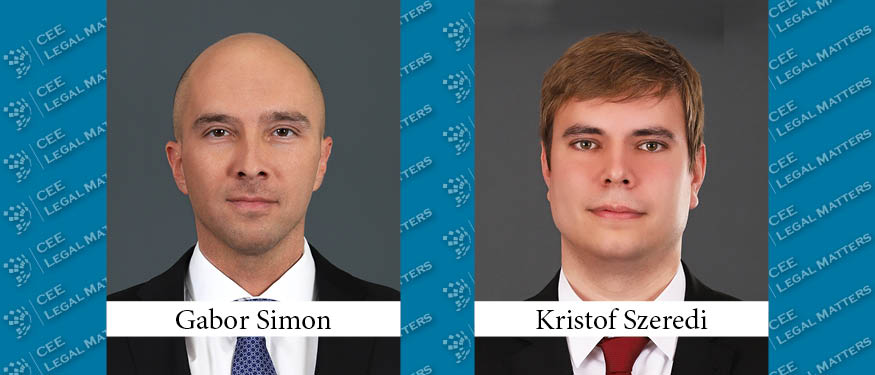Schoenherr has advised Enery on its ten-year virtual cross-border power purchase agreement with Asahi Europe & International's Dreher Breweries in Hungary.
In It for the Long Haul: An Interview with David Hanis of Oppenheim
David Hanis joined Oppenheim in Budapest to specialize in energy fresh out of law school, and has never looked back. 15 years later, just before Christmas 2023, CEE Legal Matters reported on his appointment to a Partner position at the same firm. Demonstrating you can move forward by staying in the same place, he shares his story below.
Life Sciences Bulletin: Recent notable changes to life sciences regulation in Hungary
A reorganisation of the authorities regulating the pharma sector and new legislative pieces have brought notable changes to the life sciences sector in Hungary.
Schoenherr Advises TeraPlast on Wolfgang Freiler Group Acquisition
Schoenherr has advised the TeraPlast Group on its acquisition of the Wolfgang Freiler Group from Austria's Uhl family.
Gabor Pazsitka Joins Schonherr in Hungary as Partner and Head of Banking & Finance
Gabor Pazsitka has joined Schonherr's Budapest office as a Partner and the Head of the firm's local Banking & Finance practice.
Hungarian Government Adopts New Decree to Tackle Shrinkflation
Most of us have likely encountered a situation where we bought our favourite chocolate at the grocery store, only to be surprised upon opening it at home to find that the size and weight of the chocolate had decreased, while the packaging and price remained unchanged.
Marton Karika Leaves Ban & Karika Attorneys at Law. Firm Rebrands as Ban & Partners
Ban & Karika Attorneys at Law recently announced that Partner Marton Karika has left the team in a move that became effective on February 1, 2024.
Peter Virag Joins Oppenheim To Lead Competition Team
Oppenheim has recently announced the appointment of Peter Virag – formerly of DLA Piper – as Head of its Antitrust, Competition, and Trade team.
Hungary's Land Registry System Enters the 21st Century
On 15 June 2021, the Hungarian Parliament passed Act C of 2021 on Land Registration that was supposed to enter into force on 1 February 2023. As this deadline neared, it became evident that neither private citizens, companies, lawyers nor authorities were adequately prepared for the change.
Medical Unfitness – Who Shall Terminate the Employment In Hungary?
It is a common labour law problem in Hungary that in case the employee, due to medical reasons, becomes permanently unfit for the job he previously fulfilled, the employer does not amend or terminate the employment (the latter of which would entail an obligation to pay severance pay), but keeps the employee on “idle time” without giving him tasks and salary. In our article, we examine this issue in light of the recent decision of the Hungarian Supreme Court.
Schoenherr, CMS, and Noerr Advise on Ullo Logistic Center Agreements Between OTP REIF, Rossmann, and Panattoni
Schoenherr has advised the OTP Real Estate Investment Fund on its purchase of a land plot in Ullo, Hungary, from Rossmann, the development agreement for a BTS logistic center on the site with development manager Panattoni, and a long-term lease agreement for the facility with Rossmann as tenant. CMS and Noerr advised Panattoni. PwC Legal reportedly advised Rossmann.
Notable Changes Hungarian Corporate Law Regulations Effective from 1 January 2024
In Hungary, a legal entity can separate into multiple legal entities through division or spin-off. In the case of a spin-off, the original legal entity continues to exist, and a portion of its assets is transferred to the newly formed legal entity as its successor.
Jalsovszky Head of Tax Advisory Akos Barati Makes Partner
Head of Tax Advisory and Wealth Management Akos Barati has been promoted to a Partner position with Jalsovszky in Budapest.
Kinstellar Announces New Firm-Wide Practice and Sector Leadership Appointments
Kinstellar has announced several appointments to firm-wide practice and sector leadership positions, including Partner Csilla Andreko in Budapest, Partner Iustinian Captariu and Special Counsel Magda Raducanu in Bucharest, Managing Partner Milos Velimirovic in Belgrade, Managing Partner Lukas Sevcik and Counsel Jan Lehky in Prague, and Managing Associate Lukas Mrazik in Bratislava.
2024 May Be More of the Same, but Hungary Is Ready for It: A Buzz Interview with Laszlo Hajdu of HP Legal
With Hungary's economic and legal outlook plugged into global uncertainties and no shortage of those, two market sectors still stand out in terms of potential – energy and agriculture – according to HP Legal Partner Laszlo Hajdu, who, looking at the fundamentals, shares an optimistic view of the country's future.
Peter Berethalmi Joins Lakatos Koves & Partners
Former Nagy & Trocsanyi Managing Partner Peter Berethalmi has joined Lakatos Koves & Partners as a Counsel. Joining LKT alongside him is former Nagy & Trocsanyi Attorney at Law Zsuzsanna Regina Lukacs.
Dentons Advises HB Reavis on Sale of Symbiosy to HqO
Dentons has advised HB Reavis on the sale of its in-house-developed technology platform Symbiosy to HqO.
Legislative Changes Supporting the Restart of Wind Power Development
Since the beginning of the year, the Government has modified the previous legal environment concerning the development of wind power plants in several areas to increase wind power capacity. According to the Ministry of Energy's communication so far, wind power capacity is expected to increase to around 1,000 MW by 2030.


